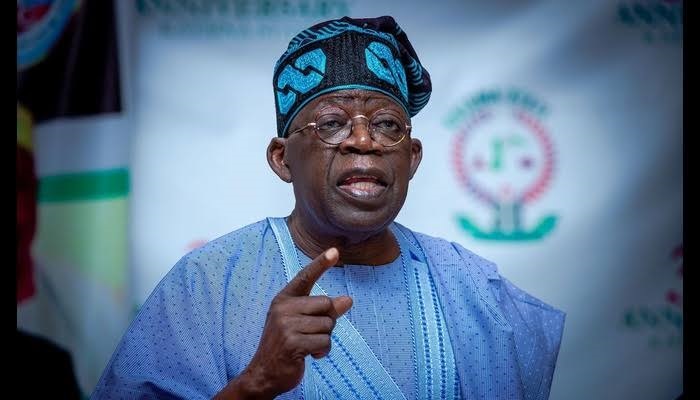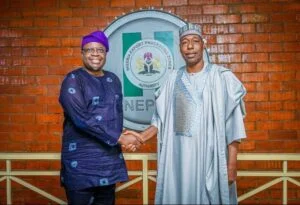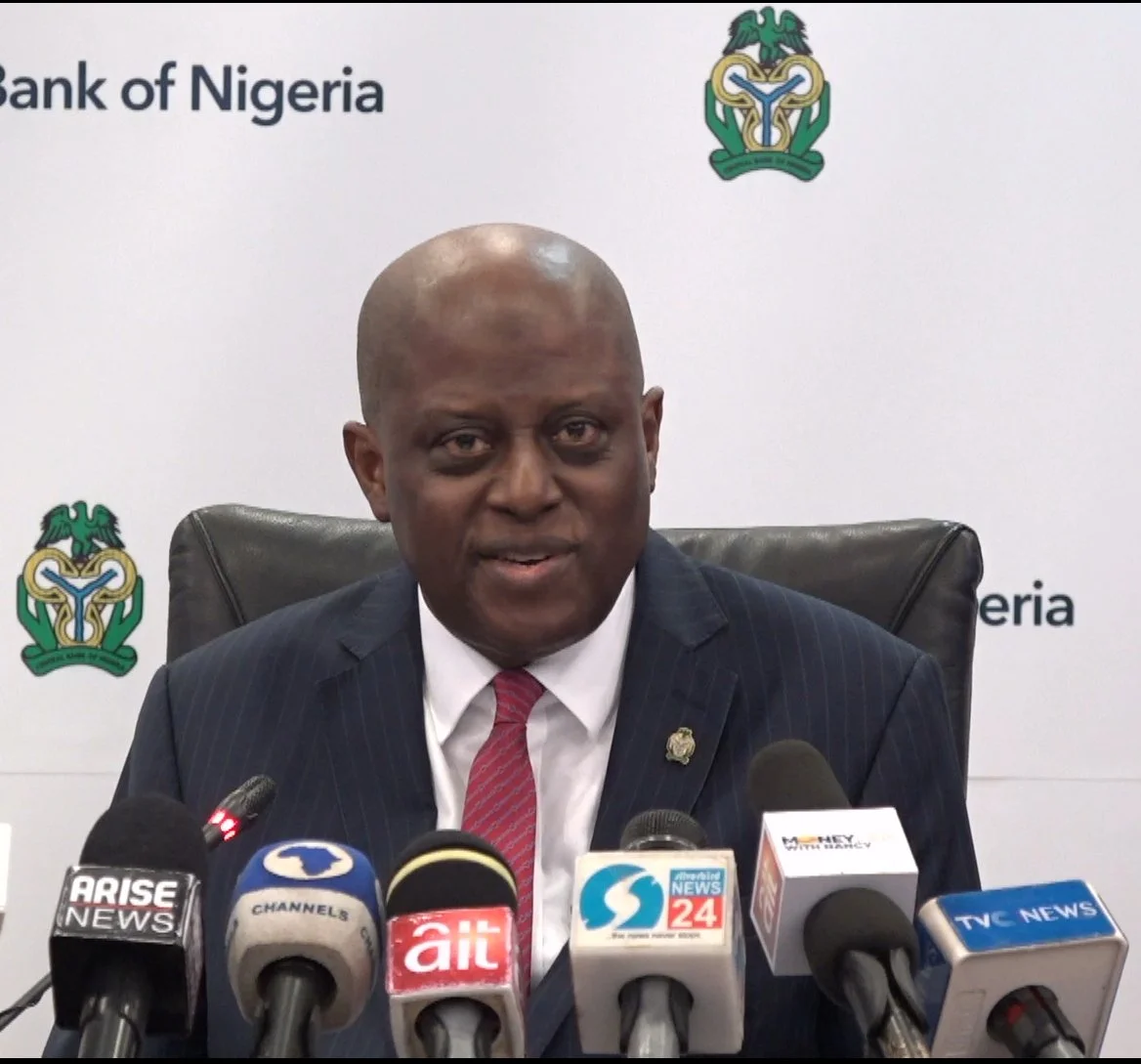The Minister of Regional Development, Abubakar Momoh, has described the economic reforms introduced by President Bola Tinubu as courageous steps aimed at securing Nigeria’s future and delivering shared prosperity.
Momoh made the remarks on Monday while delivering the 55th Founder’s Day Lecture of the University of Benin (UNIBEN) on the theme, “Reforms for a Shared Prosperity.” The minister, a UNIBEN alumnus, said Nigerians currently feeling the hardship of the reforms may not immediately appreciate the need to correct deep-rooted economic distortions.
He said President Tinubu inherited problems that previous administrations lacked the political will to tackle, citing the removal of petrol subsidy as a major decision that prevented the economy from further collapse.
“No previous administration had summoned the courage to confront this situation until President Tinubu introduced decisive reforms,” he said.
Momoh argued that the subsidy regime encouraged corruption and smuggling, allowing fuel subsidised in Nigeria to be illegally transported to neighbouring countries. He added that the administration chose to face criticism now instead of postponing tough decisions that could have pushed the economy into a deeper crisis.
The minister further defended the unification of the exchange rate, saying the previous regime promoted arbitrage that benefitted only a few while genuine businesses lacked access to foreign exchange.
“The reforms were designed to restore transparency and strengthen investor confidence,” he said.
Momoh highlighted other ongoing reforms, including the implementation of the Petroleum Industry Act (PIA), the Host Community Development Trust, and significant investment in local refining. He pointed to the planned expansion of the Dangote Refinery from 650,000 barrels per day to 1.4 million barrels as evidence that investor confidence is returning.
He also cited growing indigenous refinery projects and the introduction of a 15 per cent duty on imported fuel as a “Nigeria First” policy to support local production.
On energy transition, he noted that the Presidential Compressed Natural Gas Initiative (PCNGI) would help reduce transportation costs and support climate commitments. He said the Federal Executive Council had also approved a N4 trillion bond to clear verified debts owed to power-generation companies and gas suppliers, a move aimed at boosting liquidity in the power sector. According to him, revenue collection in the sector grew by 70 per cent in 2024 following regulatory changes.
Momoh disclosed that the government had approved N68.7 billion for solar farms in eight universities and teaching hospitals, including UNIBEN.
Although the reforms are painful, he said they are laying a solid foundation for sustainable growth.
“The reforms, though challenging in the short term, are necessary to build a Nigeria where prosperity is shared, sustainable and inclusive. Nigeria stands at a difficult yet decisive juncture,” he said.
The minister also reflected on his journey from a UNIBEN student to serving as councillor, local chairman, state legislator, two-term federal lawmaker and now minister, expressing appreciation to the university for shaping his career.
Earlier, UNIBEN Vice-Chancellor, Prof. Edoba Omoregie, described Momoh as a “worthy ambassador of the institution.” He said the university shares the Federal Government’s vision for sustainable development under the Renewed Hope agenda, and noted several recent federal interventions including new tricycles for intra-campus mobility and multi-billion-naira support from TETFund for agriculture and infrastructure development.





